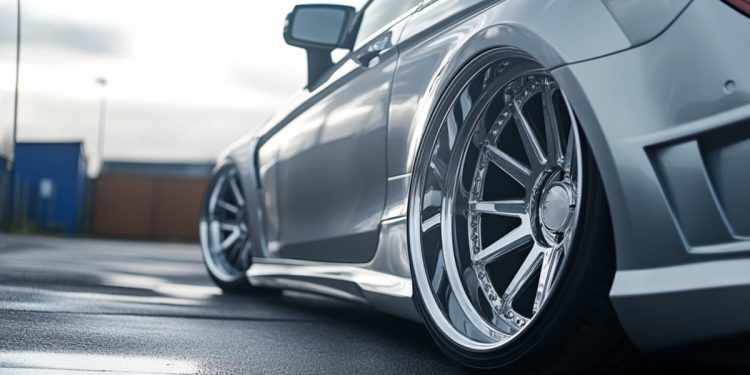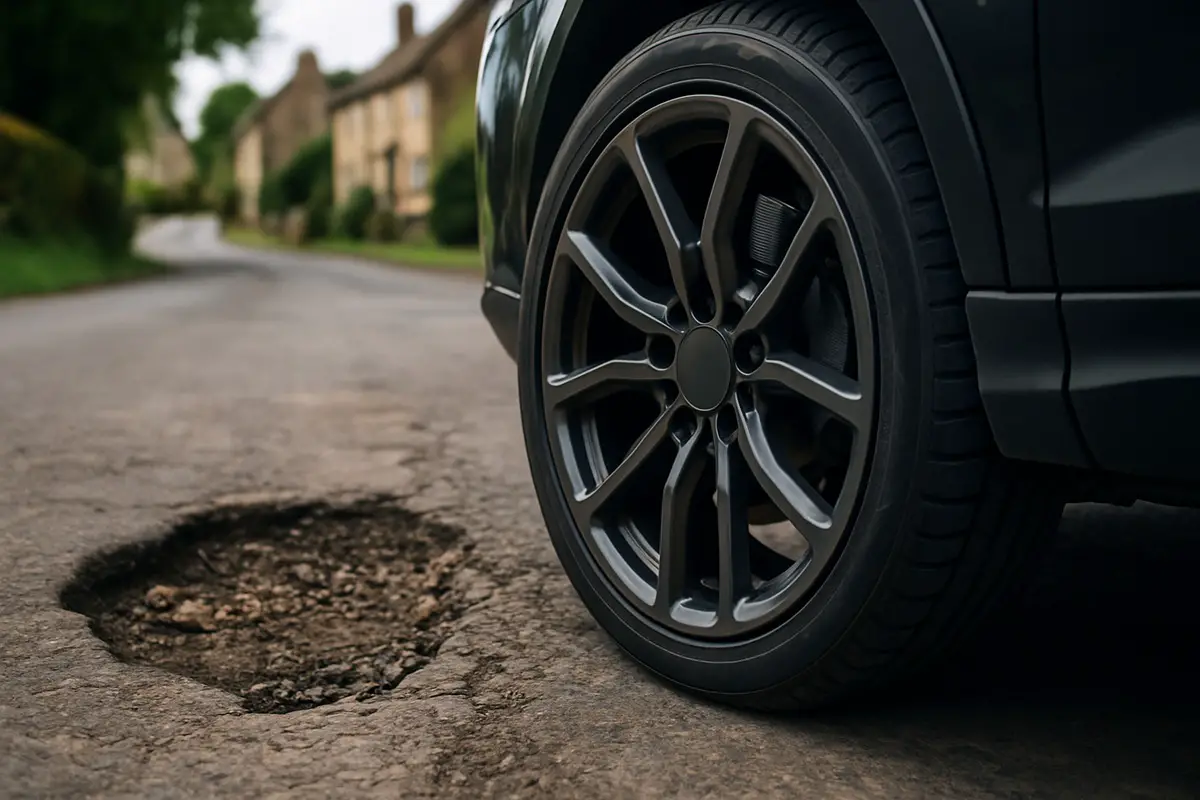Finding the Ideal Alloy Wheels for Britain’s Bumpy Roads

Let’s be honest—driving in the UK isn’t always the smoothest ride. One minute you’re cruising through a quiet village, the next you’re dodging a crater-sized pothole on a city backroad. If you’ve ever felt that heart-sinking thud when your tyre hits something it shouldn’t, you’ll know just how important it is to have wheels that can actually cope. If you’re planning to upgrade, it’s worth checking out a trusted place to order alloy wheels from Elite Wheels and Tyres, especially if you’re after something that looks good and holds up well against our not-so-perfect roads.
Built for More Than Just Looks
Alloy wheels are often chosen for their appearance, but they do more than make a car look sharp. Lighter than steel, they can improve how your car handles, reduce strain on suspension, and even help with fuel efficiency. Sounds ideal, right? But here’s the catch: not every set is built to survive British roads. We’ve all hit that rogue pothole or dodged a loose drain cover—so when it comes to picking the right alloys, strength matters just as much as style.
Size Isn’t Everything
Bigger wheels are everywhere these days. They fill out the arches, add a sportier edge, and seem like a great idea—until you hit a rough patch of tarmac. The trouble with upsizing is that bigger alloy wheels usually mean slimmer tyres, which offer far less cushioning between your car and the road.
That might be fine in parts of Europe where the roads are smoother, but here in the UK? You’ll feel every lump and bump. A more modest size, paired with tyres that can absorb some of the shock, often gives a better ride—and your alloys are less likely to suffer damage too.
Choose Practical Over Flashy
There’s no shortage of alloy wheels with elaborate, delicate designs that look like they belong on a concept car. But if you’re using your car daily—especially on unpredictable roads—you’ll want something a bit more solid.
Thicker spokes and more robust construction are less likely to crack if you misjudge a corner or hit a hidden pothole. Don’t get me wrong, you can still find stylish designs that are built tough—it just takes a bit of digging and some common sense. You’re investing in something that needs to look good and last.
Getting the Fit Right
When buying alloy wheels, offset and width aren’t just technical jargon—they matter. The wrong offset can mean your wheels sit too far out or in, which doesn’t just affect how the car looks but how it handles. Get it wrong, and you risk rubbing, uneven tyre wear, or worse.
Wider wheels can help with grip, sure, but if they stick out too far or don’t match your tyres properly, they can take a beating from kerbs or road debris. If in doubt, ask a specialist before ordering.
Tyres and Alloys Go Hand in Hand
It’s easy to focus on the alloys and forget the tyres, but they work as a team. Go for tyres with solid sidewalls and a tread pattern suited to UK conditions—grippy in the wet, stable in the dry, and forgiving when the road gets rough.
Cheap tyres on good alloy wheels is a bit like putting budget shoes on a tailored suit. Get both right and your car will drive better, feel better, and look the part.
Show Them Some Love
Alloy wheels can take a beating, even the strong ones. Winter salt, road grime, and the odd brush with a kerb can all wear them down over time. Giving them a rinse now and then—and checking for dings or cracks—can keep them in better shape for longer.
A quick scrub and a coat of wheel sealant can do wonders, especially in colder months. It’s worth the effort to keep them looking good and lasting longer.










